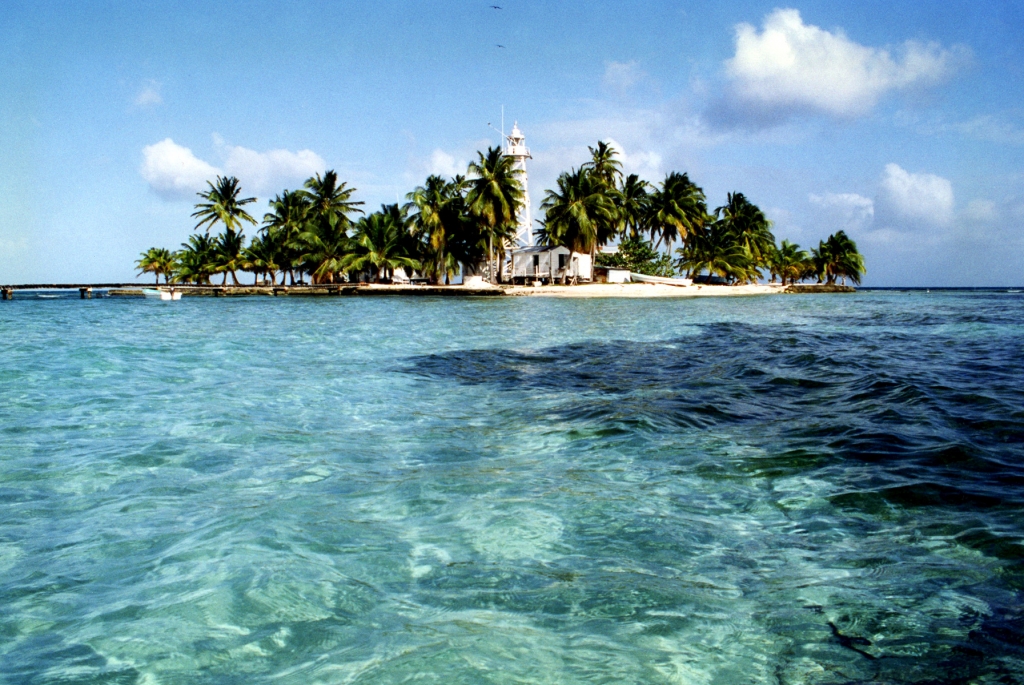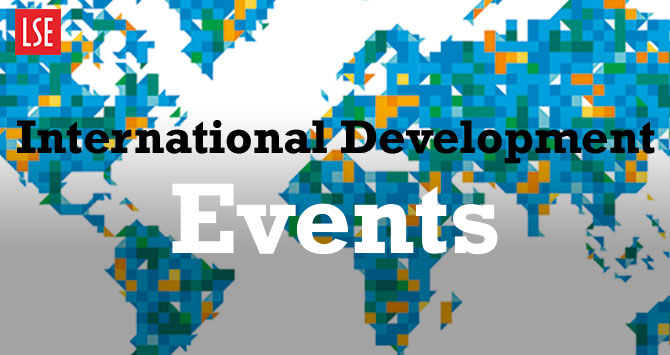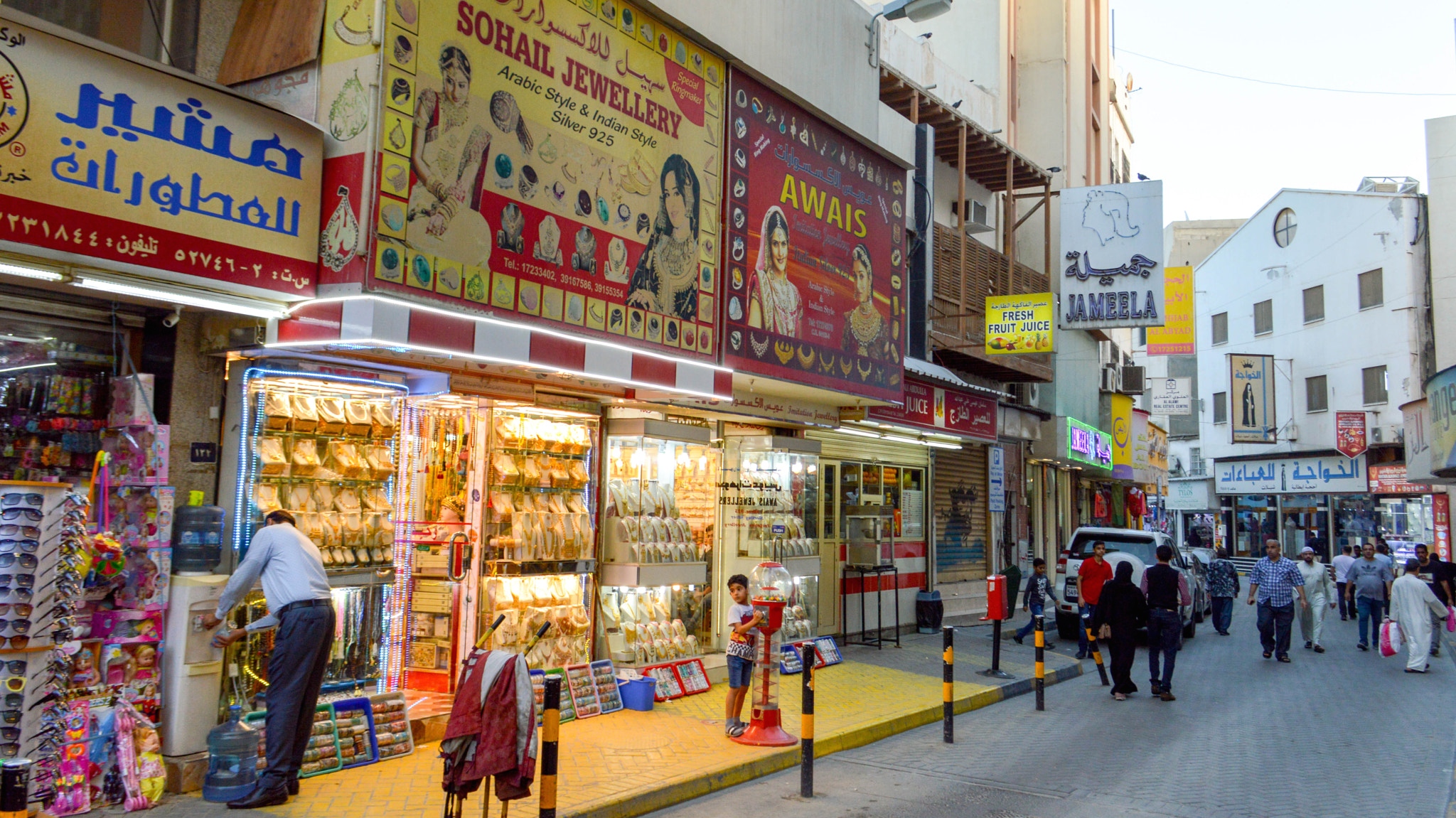Second in our series from our ‘Advocacy, Campaigning and Grassroots activism‘ students, is Jacinta Gomez on her campaign proposal for saving Belize’s beleaguered fisheries.
See more from the Activism students here.

The “Glory Days”. That’s what you’ll hear from fishermen today reminiscing on a time when the abundance of Belize’s Caribbean Sea gave the impression that its limits were non-existent and its bounty inexhaustible. Their reality today is a stark contrast.
The reason being is that the vastness of our marine resources is not immune to our decisions, and we have begun to feel the impacts. Since the 1990’s, fishermen have been petitioning for a ban on gill nets, but the destructive gear remains legal today continuing to put a dent in our fish populations.
Though they may look innocuous, gill nets are extremely indiscriminate damaging reef habitats and drowning protected, charismatic, and keystone species; species such as bonefish, tarpon, and permit which contribute millions of dollars to our economy annually through the game fish industry many have worked so hard to cultivate over the years; species such as nurse sharks, dolphins and manatees which tourists from all over the world flock to Belize to see in the wild, contributing to our robust tourism industry which is single handedly keeping us a nation afloat. Is the destructive nature of this gear worth losing this and more? The good news is there IS a more sustainable way!
Fishermen have proven that gillnets are not the only way to fish in Belize. Many have voluntarily traded in their gillnet for a more sustainable gear such as hand lines because they have witnessed first-hand the decline in fish populations over the years and have made the conscious decision not to contribute to it any further. Some have even transitioned to alternative livelihoods which they have found to be more profitable, such as tour guiding and seaweed farming.
The aim, however, is not to get fishermen to stop fishing. It is to ensure that whoever enjoys fishing, whether recreationally or as a livelihood, can do so for years to come, and pass on these traditions on to their grandchildren. Fishing is indeed a livelihood of pride, and fishermen who fish right can attest to the fact that some days are better than others. But as one fisherman once told me, that is why it is called “fishing” and not “catching”.
Continuing to use destructive fishing gear threatens the future of all Belizeans, not only the 15,000 who directly depend on fishing to support their families. Our marine environment is a part of our culture and heritage, and it should not be compromised by the use of this destructive gear. This is why we are calling on all Belizeans to make their voices heard on this issue.
What can you do?
Write a letter to your area representative and standard bearer stating why you believe this is an issue of national importance that should be addressed by implementing a phase out of gillnets.
Take a stance with your fork! The next time you are dining out and order fish, ask the restaurant if they can ensure it was sustainably caught and help us to spread awareness about the negative impacts of gillnets.
The views expressed in this post are those of the author and in no way reflect those of the International Development LSE blog or the London School of Economics and Political Science.





